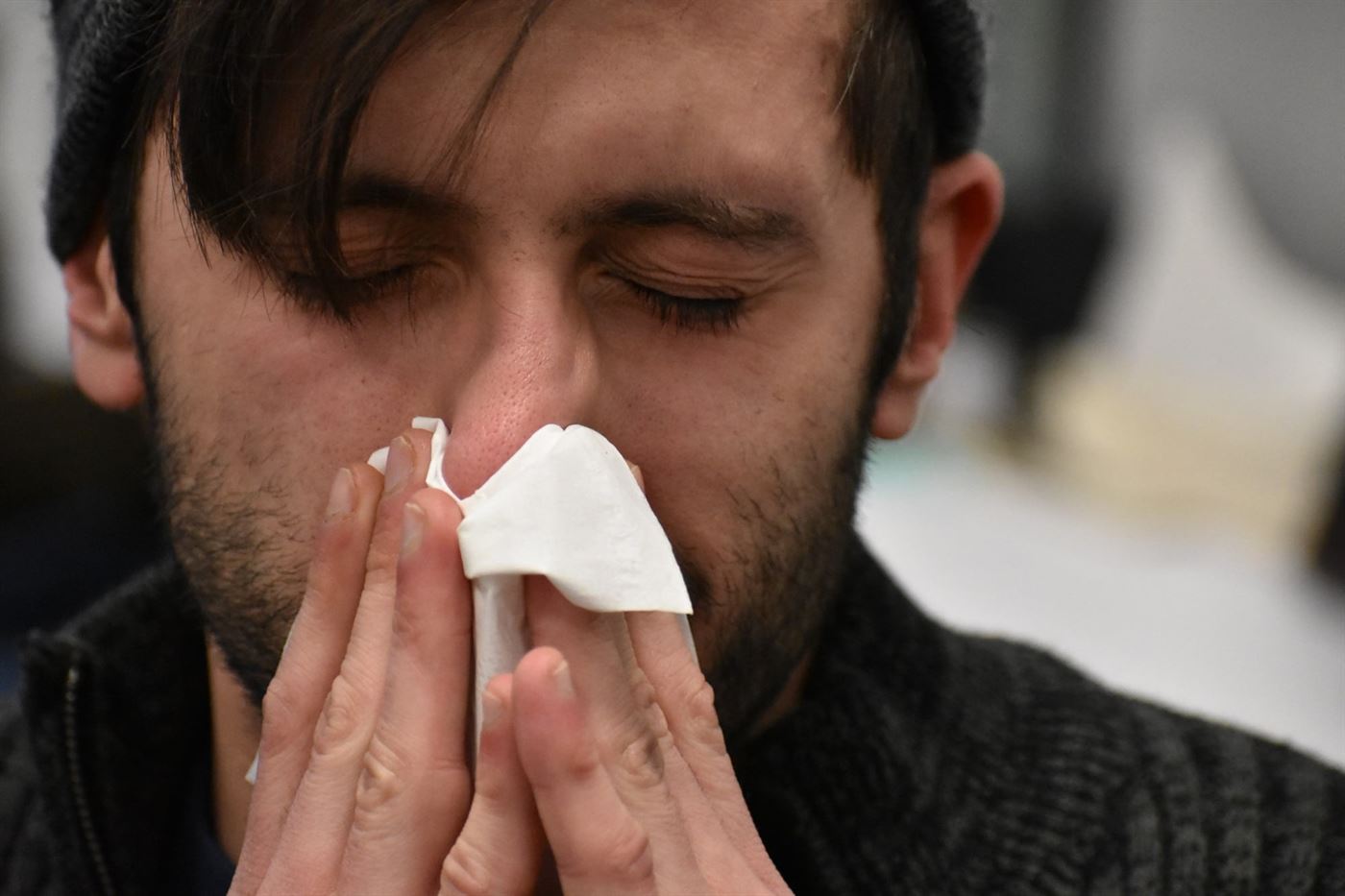Montclair State University’s Health Center released a college-wide flu advisory on Tuesday encouraging students to protect themselves against this year’s powerful influenza. With weeks of flu season still to come, students must decide whether they want to get their flu shot this year or opt out.
Despite the widespread activity and severity of this year’s flu, many students are staying away from the vaccine and sticking with the health routines they have always used.
“I prefer the holistic approach,” said Montclair State graduate student Jennifer Ovalles. “I live a plant-based lifestyle, and I listen to my body.”
Ovalles would rather use ginger, garlic and various teas to kill off illness and boost her immune system. She trusts these methods more than the options provided through modern medicine.
“I would never get the flu shot,” Ovalles said. “There are too many conspiracies, and we don’t really know the long-term effects of the vaccine.”
Ovalles is not alone. Lauren Grabowski, an English major, is a self-proclaimed “medical rebel.”
“I just don’t think it’s necessary,” Grabowski said. “Doctors write out so many prescriptions and sometimes, I think that they just try to see what works.”
The University Health Center, however, has a different view.
“Although there is no immediate threat on campus, the seasonal flu is highly contagious and can be spread easily from person to person, especially in places where people gather, such as college campuses and social events,” the university said in the emailed advisory.
According to the University Health Center, the flu vaccine is recommended for everyone over six months of age. Flu shots will be offered in the next few weeks at the health center. There is no appointment necessary and a shot costs $10 for students.
Some students are also avoiding the flu shot due to the $10 fee. Emily Martinez, a junior at Montclair State, gets the shot almost every year. However, Martinez would not get it at the school because her insurance covers it completely when she goes to CVS.
Another student, Nicole Appel, is convinced that the flu shot leads to sickness itself.
“My mom is a nurse and she has to get the shot for work,” Appel said. “She still gets the flu almost every year.”
While influenza is not new, it is rarely as widespread as it is this year. According to the Centers for Disease Control and Prevention (CDC), there have been 30 pediatric deaths this flu season, with a number of patients contracting pneumonia as their flu progressed. The CDC also confirms that more than 8,000 influenza-related hospitalizations have been reported since Oct. 1, 2017.
According to a The New York Times article, the numbers are high but not out of the ordinary. The CDC assures that the number of fatalities surrounding the flu are not unusual with 6 percent of Americans showing symptoms of the flu this season. This percentage was almost the same in the 2014-2015 and 2012-2013 seasons.
The New York Times article also reports that flu-related deaths have greatly decreased since the most common strain —H3N2— surfaced in 1968 when it killed approximately one million people around the world. Much of the change could be attributed to the advancement of vaccinations and a greater understanding of how the infection spreads.
Along with the University Health Center, experts insist that the flu shot could save your life even if you get the flu.



